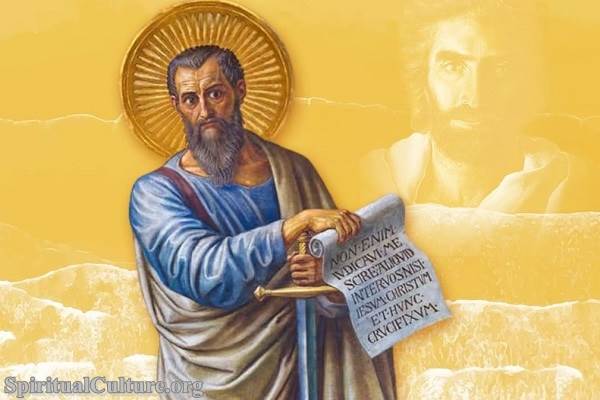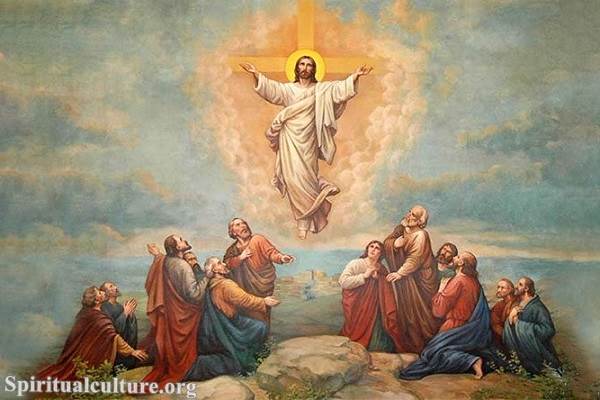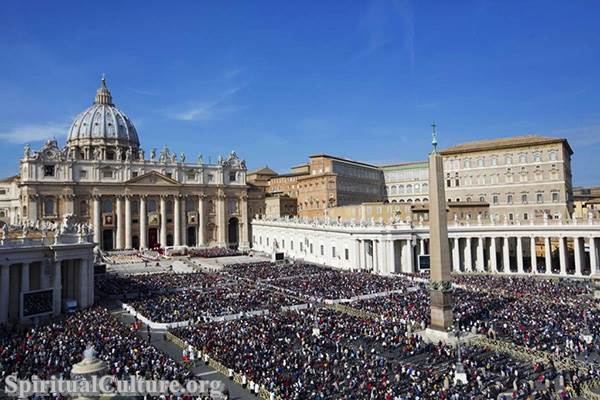Christianity, one of the world’s largest religions, has a rich and complex history that spans over two thousand years. The faith has had a profound influence on the course of human history, shaping cultures, philosophies, and societies in countless ways. At the heart of this vast and diverse faith lies the question: Who are the founders of Christianity?
Christianity
Christianity is a monotheistic religion based on the life, teachings, death, and resurrection of Jesus Christ. It emerged in the 1st century AD in the context of Jewish tradition. Today, Christianity has various denominations, including Roman Catholicism, Protestantism, and Eastern Orthodoxy, each with its unique interpretation of the faith and practice. However, all share the central belief in Jesus Christ as the Son of God and the savior of humanity.
The Founders of Christianity
To understand the founders of Christianity, it is essential to examine the key figures who played a pivotal role in establishing and spreading the faith.
Jesus Christ: The Central Figure
The most critical figure in Christianity is, without a doubt, Jesus Christ. Born in Bethlehem to Mary, a virgin, Jesus’ life and teachings form the foundation of Christian belief. He is seen as the Son of God, who came to earth to save humanity from sin. His teachings, as recorded in the New Testament of the Bible, emphasize love, forgiveness, and a personal relationship with God.
Despite having a ministry that lasted only about three years, Jesus had a significant impact. His crucifixion and resurrection are central to Christian theology, symbolizing the promise of salvation and eternal life for believers. Thus, Jesus Christ can be considered the primary founder of Christianity.
The Apostles: The Early Followers
After Jesus, the apostles — his primary disciples — played a significant role in the foundation of Christianity. Among the most prominent apostles were Peter, James, and John, who were part of Jesus’ inner circle, and Paul, who became a believer after Jesus’ death and resurrection.
Peter, often called the ‘rock’ upon which the church was built, was instrumental in establishing the early Christian community in Jerusalem. James, known as James the Just, was a leader in the Jerusalem church and is associated with the epistle of James in the New Testament.
John, the ‘beloved disciple,’ is traditionally credited with writing the Gospel of John, three epistles, and the Book of Revelation. These writings have had a profound influence on Christian theology.
Paul: The Great Missionary
Though not one of the original twelve apostles, Paul’s contribution to Christianity is enormous. He is often considered a co-founder of the religion alongside Jesus. Paul was a Jewish Pharisee who initially persecuted Christians. However, after a dramatic conversion on the road to Damascus, he became a fervent follower of Christ.
Paul’s missionary journeys across the Roman Empire, his establishment of Christian communities, and his letters (or epistles) to these communities played a crucial role in spreading Christianity beyond its Jewish roots and into the Gentile world. His letters, which form a significant portion of the New Testament, continue to shape Christian theology.
Conclusion
While Jesus Christ is the central figure and primary founder of Christianity, the faith’s establishment and spread were a collective effort. The apostles, especially Peter, James, John, and Paul, played crucial roles in the early days of the religion. They built communities, spread the message of Jesus, and wrote texts that continue to guide Christian belief and practice. Hence, the founders of Christianity can be seen as a group effort, led by Jesus Christ and carried forward by his followers.



